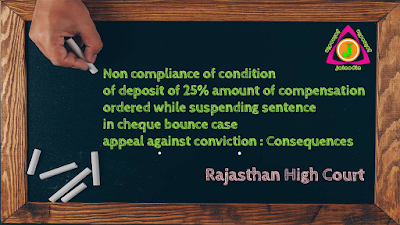In State of AP vs Rayavarapu Punnayya, AIR 1977 SC 45, the Supreme Court made following observation:
" .... whenever a court is confronted with the question whether the offence is "murder" or "culpable homicide not amounting to murder", on the facts of a case, it will be convenient for it to approach the problem in three stages. The question to be considered at the first stage would be, whether the accused has done an act by doing which he has caused the death of another. Proof of such causal connection between the act of the accused and the death leads to the second stage for considering whether that act of the accused amounts to "culpable homicide" as defined in section 299. If the answer to this question is prima facie found in the affirmative, the stage for considering the operation of section 300, Penal Code is reached. This is the stage at which the court should determine whether the facts proved by the prosecution brings the case within the ambit of any of the four clauses of the definition of "murder"contained in section 300. If the answer to this question is in the negative the offence would be "culpable homicide not amounting to murder" punishable under the first or the second part of section 304, depending, respectively,on whether the second or the third clause of section 299 is applicable. If this question is found in the positive, but the case comes within any of the exceptions enumerated in section 300, the offence would still be "culpable homicide not amounting to murder," punishable under the first part of section 304, Penal Code."

















